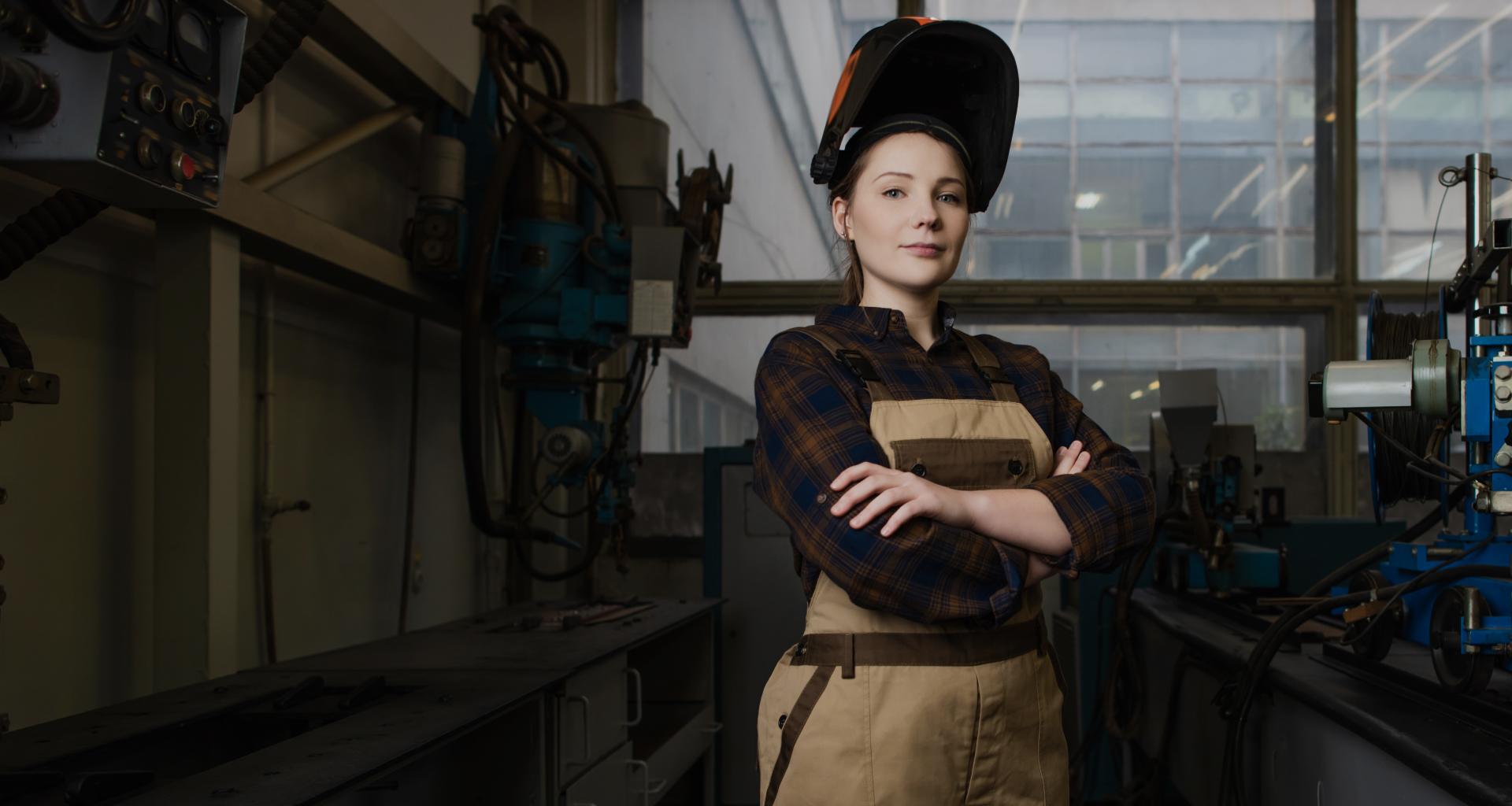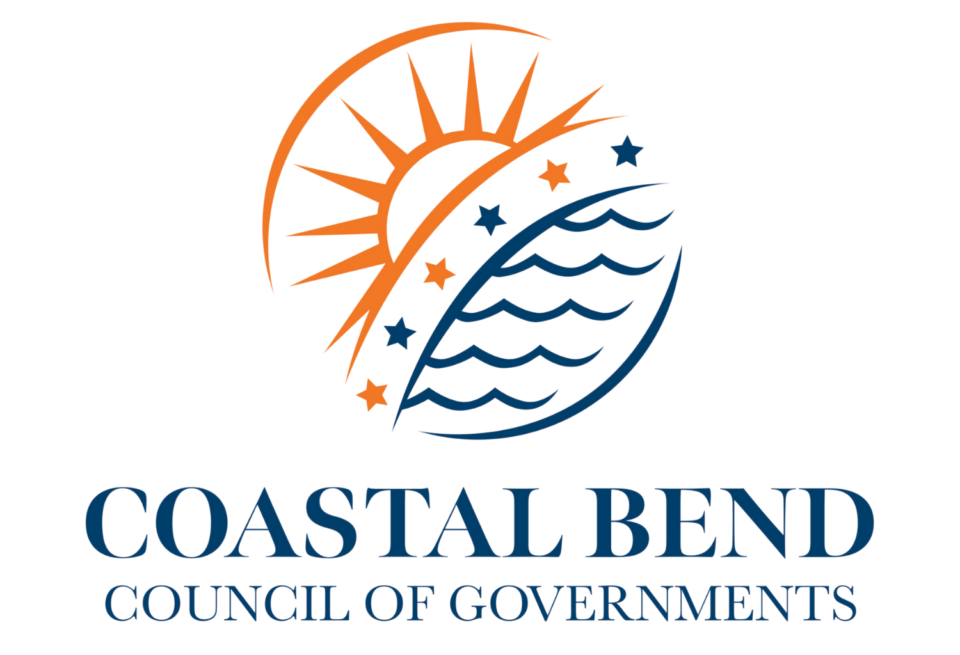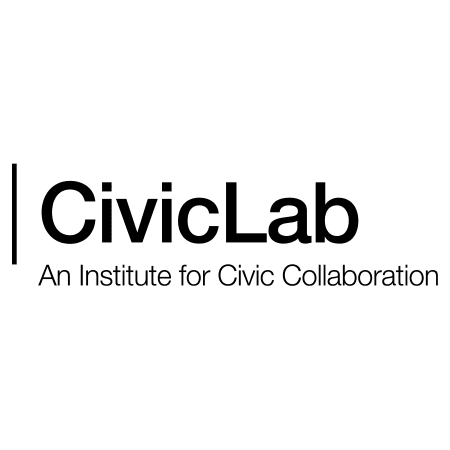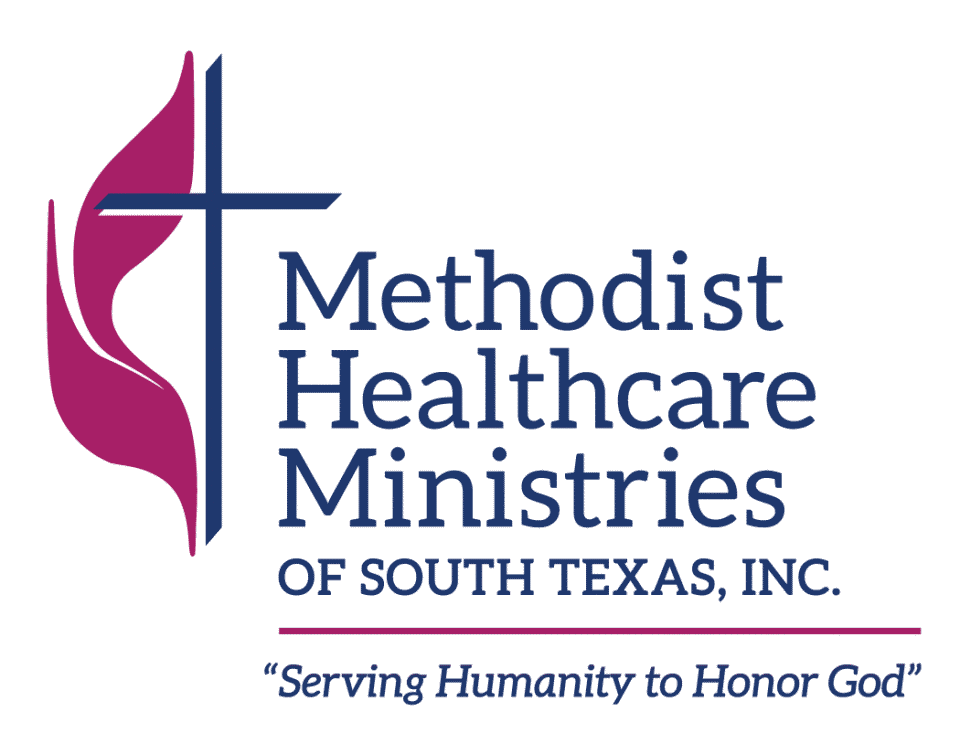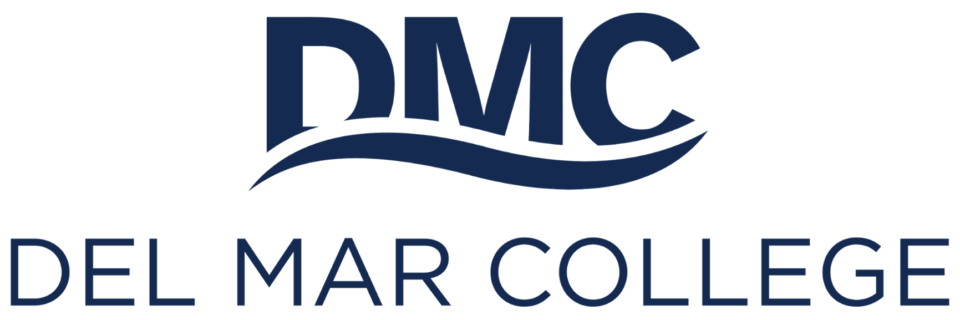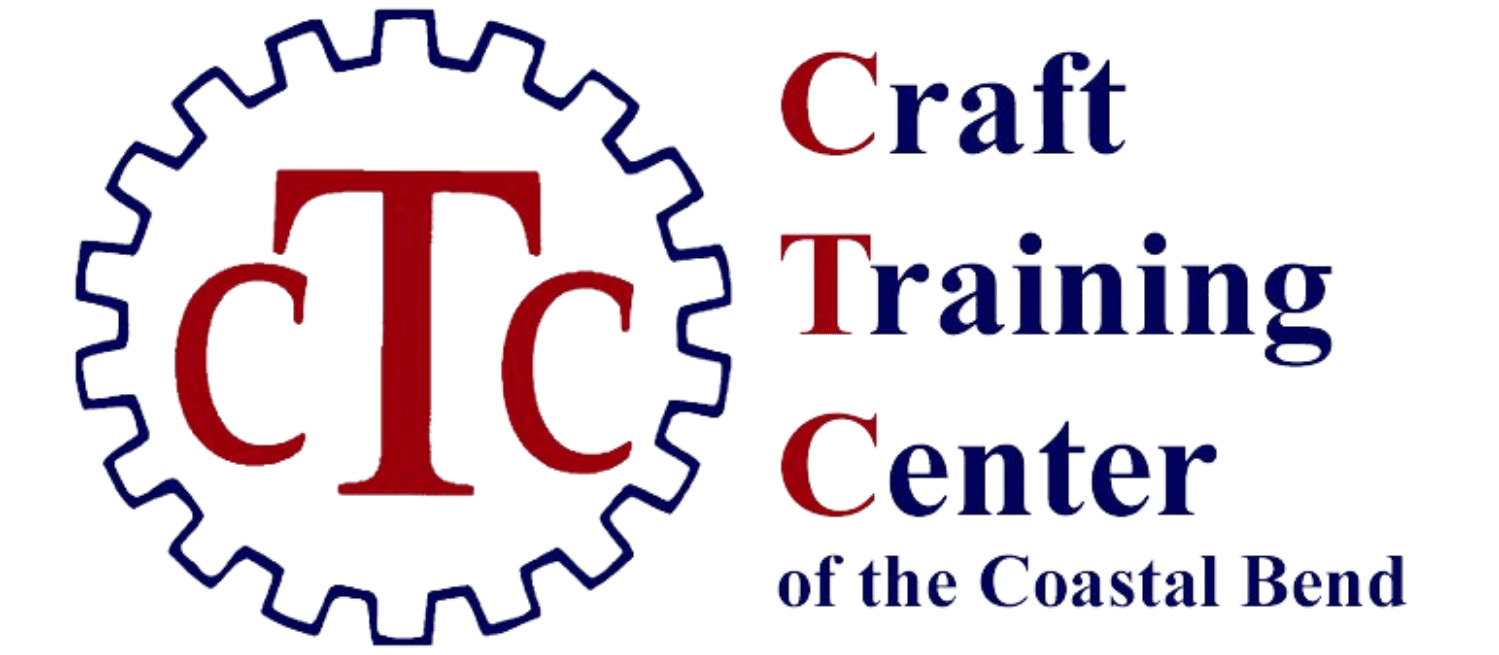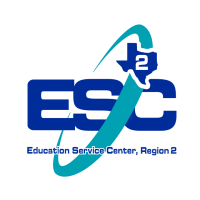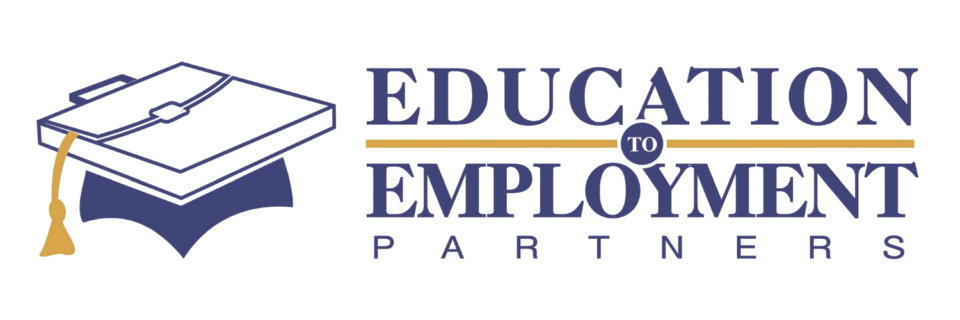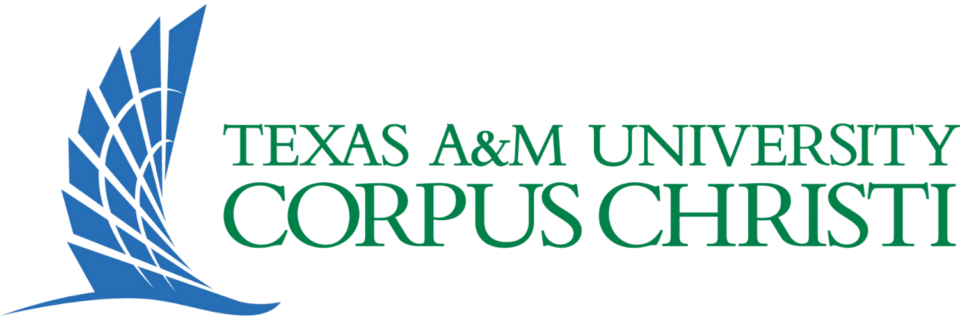Career CrosswalksRetail to Health Care Crosswalk
Make informed decisions about their career path and take steps to develop the skills they need to succeed in a new role.
Retail Occupational Stats
Average Wage
Employment Change
Automation Risk
Education Level
What is a Career Crosswalk?
A career crosswalk is a tool used to identify the transferability of skills and knowledge between different job positions or career paths. The goal of a career crosswalk is to help individuals understand how their skills, experience, and education can be used in different job roles or industries, and to identify any gaps they may need to fill in order to pursue a new career path.
Your Current Skills
Baseline Skills
- Communication
- Computer Literacy
- Investigation/Problem Solving
- Organizational Skills
- Teamwork/Collaboration
- Time Management
Specialized Skills
- Customer Experience
- Customer Service
- Product Knowledge
- Sales
- Scheduling
Baseline skills refer to a set of fundamental or basic skills that are necessary for many different types of jobs or tasks. These skills are typically acquired through general education or training and include abilities such as reading, writing, basic mathematics, and computer literacy. Baseline skills are considered essential for most entry-level positions and are often required in job postings.
Specialized skills, on the other hand, refer to a set of advanced or specialized skills that are specific to a particular job or industry. These skills are typically acquired through specialized education or training and include abilities such as technical knowledge, specific software proficiency, or industry-specific certifications. Specialized skills are often required for higher-level or more specialized positions, and they may be a key factor in determining an individual’s earning potential or career advancement opportunities.
To illustrate the difference between baseline skills and specialized skills, consider the example of a software engineer. Baseline skills for this role might include a strong understanding of programming languages, mathematics, and computer science fundamentals. Specialized skills might include expertise in a particular programming language or technology, such as Java or cloud computing.
Overall, both baseline and specialized skills are important for career success. Baseline skills provide a foundation for learning and adapting to new roles or industries, while specialized skills allow individuals to differentiate themselves and excel in their chosen field.
Occupational Skills
Now that we have a better understanding of baseline and specialized skills, let’s explore how these skills apply to specific occupations. In the next section, we will introduce a list of occupations and the skills and education programs needed to fulfill the crosswalks. Whether you’re just starting your career or looking to transition to a new field, this information can help you identify the skills and knowledge needed for success in your chosen occupation.
Optional Career Paths

Skills You Have
- Communication
- Computer Literacy
- Customer Experience
- Customer Service
- Investigation/Problem Solving
- Organizational Skills
- Product Knowledge
- Sales
- Scheduling
- Teamwork/Collaboration
Skills You Need
- 3D Modeling
- Access Controls
- Accounting
- Accounting Software
- Accounts Payable
- Accounts Receivable
- Active Directory
- Activities Of Daily Living (ADLs)
- Administrative Support
- Agriculture

Skills You Have
- Communication
- Computer Literacy
- Customer Experience
- Customer Service
- Investigation/Problem Solving
- Organizational Skills
- Product Knowledge
- Sales
- Scheduling
- Teamwork/Collaboration
Skills You Need
- 3D Modeling
- Access Controls
- Accounting
- Accounting Software
- Accounts Payable
- Accounts Receivable
- Active Directory
- Activities Of Daily Living (ADLs)
- Administrative Support
- Agriculture

Licensed Practical and Licensed Vocational Nurses
Median Income: $49,692
Educational Level Needed: Certification
Skills You Have
- Communication
- Computer Literacy
- Customer Experience
- Customer Service
- Investigation/Problem Solving
- Organizational Skills
- Product Knowledge
- Sales
- Scheduling
- Teamwork/Collaboration
Skills You Need
- 3D Modeling
- Access Controls
- Accounting
- Accounting Software
- Accounts Payable
- Accounts Receivable
- Active Directory
- Activities Of Daily Living (ADLs)
- Administrative Support
- Agriculture
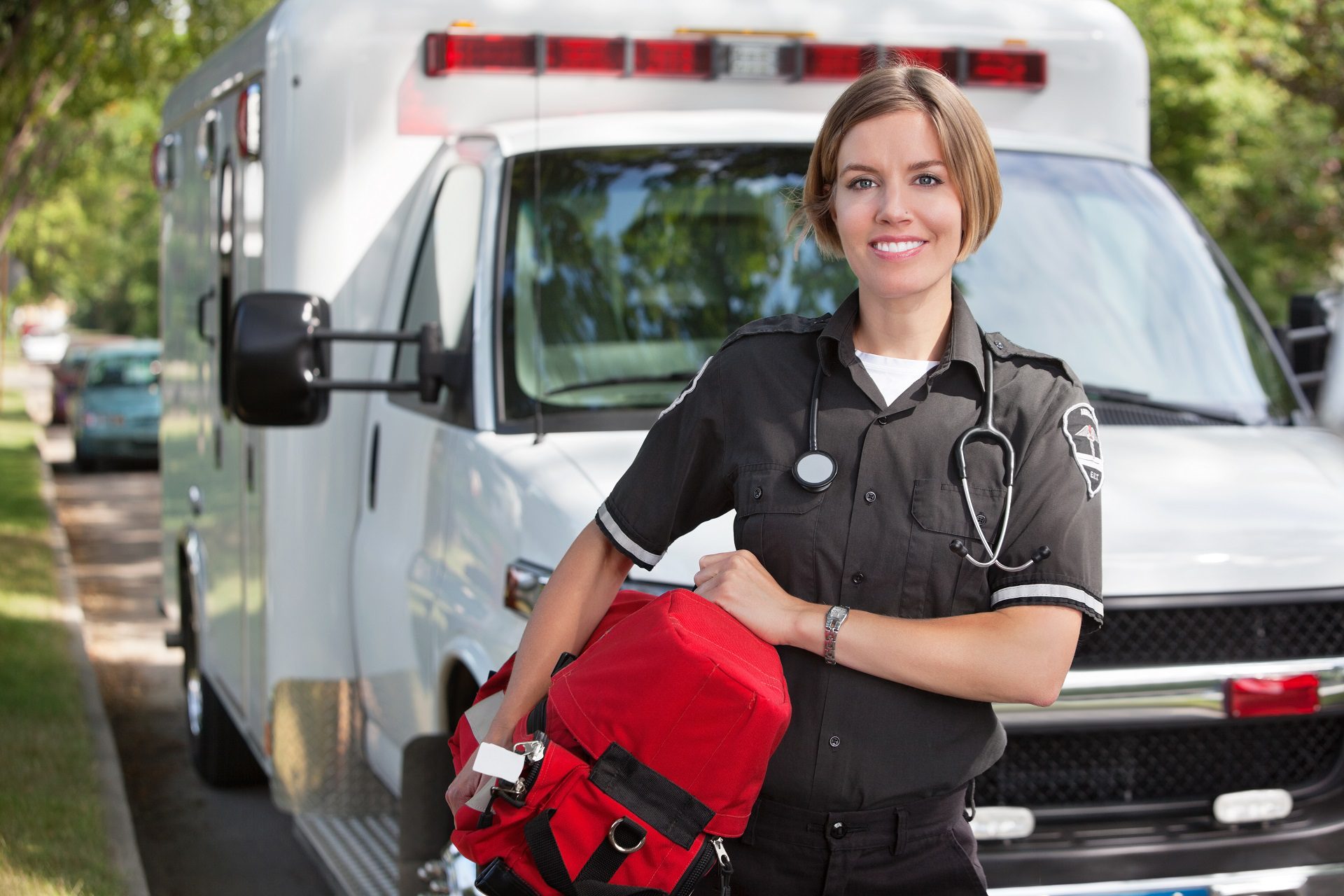
Emergency Medical Technicians and Paramedics
Median Income: $35,194
Educational Level Needed: Certification
Skills You Have
- Communication
- Computer Literacy
- Customer Experience
- Customer Service
- Investigation/Problem Solving
- Organizational Skills
- Product Knowledge
- Sales
- Scheduling
- Teamwork/Collaboration
Skills You Need
- 3D Modeling
- Access Controls
- Accounting
- Accounting Software
- Accounts Payable
- Accounts Receivable
- Active Directory
- Activities Of Daily Living (ADLs)
- Administrative Support
- Agriculture

Clinical Laboratory Technologists and Technicians
Median Income: $51,168
Educational Level Needed: Bachelor’s Degree
Skills You Have
- Communication
- Computer Literacy
- Customer Experience
- Customer Service
- Investigation/Problem Solving
- Organizational Skills
- Product Knowledge
- Sales
- Scheduling
- Teamwork/Collaboration
Skills You Need
- 3D Modeling
- Access Controls
- Accounting
- Accounting Software
- Accounts Payable
- Accounts Receivable
- Active Directory
- Activities Of Daily Living (ADLs)
- Administrative Support
- Agriculture

Occupational Health and Safety Specialists
Median Income: $36,506
Educational Level Needed: Bachelor’s Degree
Skills You Have
- Communication
- Computer Literacy
- Customer Experience
- Customer Service
- Investigation/Problem Solving
- Organizational Skills
- Product Knowledge
- Sales
- Scheduling
- Teamwork/Collaboration
Skills You Need
- 3D Modeling
- Access Controls
- Accounting
- Accounting Software
- Accounts Payable
- Accounts Receivable
- Active Directory
- Activities Of Daily Living (ADLs)
- Administrative Support
- Agriculture
